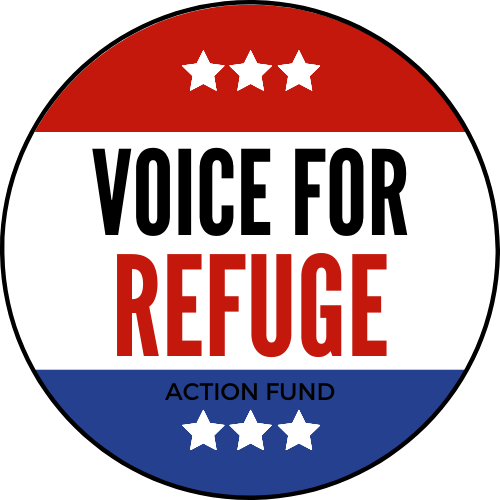Crises test who we are as a nation – and we are stronger when we are united, extend compassion to our neighbors, listen to public health experts, and resist medical prejudice and scapegoating. As states and localities respond to the COVID-19 pandemic, it is critical that we ensure that all community members are able to mitigate risks to their vulnerability to COVID-19. Now is a critical moment to make sure the voices of immigrants, refugees, and allies are heard at the state and local levels to ensure healthcare access, language accessibility, economic relief, and protection from deportation.
Since March, over 120 bills have been introduced in 40 state legislatures (+DC) on paid sick leave and worker protections, as well as state funding requests. Over 295 executive actions have been issued in 50 states (+DC) related to declarations of states of emergency, school closures, prohibition of mass gatherings, retail and business closures and restrictions, and stay at home orders. Over 20 state task forces have been established by 12 governors. And, over 30 states (+DC) have issued emergency COVID-19 regulations on a number of issues including but not limited to health insurance carriers, labor and wage, and medical licensure. More information about these proposals can be found here and here. As of April 21st, 71 legislative chambers have either temporarily adjourned, moved to virtual meetings, or announced an early recess or sine die. To see if your state is expected to return to session this year, post pandemic, check here. Some key principles to ensuring an inclusive response for immigrants and refugees are available here.
To facilitate assistance for refugees and immigrants, here is a state action platform that outlines the top five ways states can support refugees and immigrants during this difficult time. This toolkit provides guidance to support these efforts for the remainder of 2020 and as we prepare for 2021 state legislative sessions.

